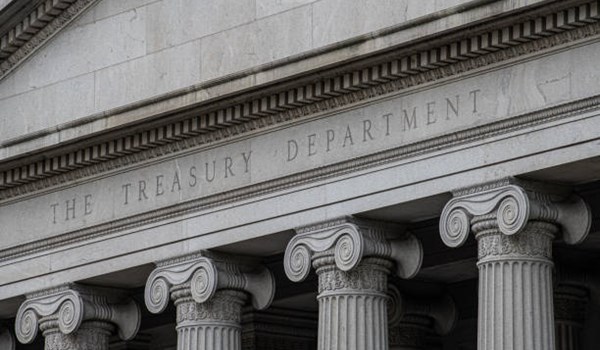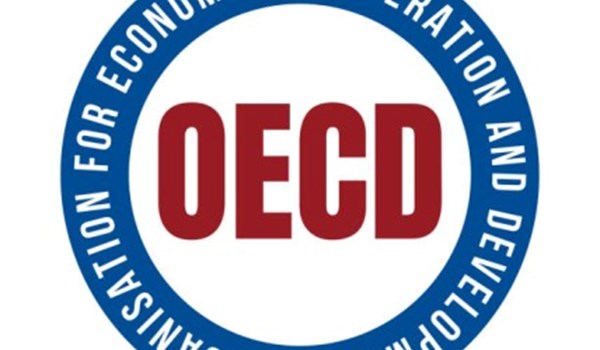An innovative plan to use public money to back renewable energy loans in the developing world could liberate cash from the private sector for urgently needed climate finance.
Avinash Persaud, a special adviser on climate change to the president of the Inter-American Development Bank (IADB), who developed the proposals, believes the plan could drive tens of billions of new investment in the fledgling green economy in poorer countries within a few years, and could provide the bulk of the $1.3tn in annual climate finance promised to the developing world by 2035.
“This could be an engine for green growth, and produce the trillions needed for climate finance in the future,” he told the Guardian. “It could be a transformation.”
His ideas will be set out in detail at a UN meeting in Germany this week, kicking off negotiations for the Cop30 climate summit that will take place in Brazil this November against a worrying global background for the discussions.
Having missed a deadline in February, the world’s largest economies still need to submit plans for their greenhouse gas emissionsbefore the Brazil summit, but so far only a few have done do so.
But research seen by the Guardian, carried out by the campaign group Oil Change International, shows that many developed countries are still planning to expand their extraction of oil and gas, despite promising at Cop28 in 2023 to “transition away from fossil fuels”.
The analysis found that the US, Canada, Norway and Australia were responsible for 70% of projected new oil and gas expansion in 2025-35.
Romain Ioualalen, the global policy lead at Oil Change International, said: “It is sickening that countries with the highest incomes and outsized historical responsibility for causing the climate crisis are planning massive oil and gas expansion with no regard for the lives and livelihoods at stake.”
At the two-week meeting in Bonn, which ends on 26 June, the vital issue of finance for developing countries – which they need in order to cut their emissions and cope with the impacts of extreme weather – will also come to the fore.
The proposals by Persaud and others to buy up loans to renewable energy projects in the developing world could allow billions of dollars of private sector cash to flood the sector, in a big boost to global climate finance.
The plan, which is being pioneered by the IADB, would involve getting taxpayer-funded development banks to buy existing loans to green projects in poor countries, which would free up investment from private sector lenders.
Such loans are relatively low risk because they are already performing – but because they are in developing countries, with credit ratings lower than those of rich states – mainstream private sector investors such as pension funds are often forbidden from touching them because of their strict rules on credit worthiness.
But if those loans are backed instead by development banks, which can provide guarantees against default, and which themselves have impeccable credit ratings, the “repackaged” loan finance can meet private sector criteria.
Mia Mottley holding a microphone
View image in fullscreen
The Barbados PM, Mia Mottley, who launched a blistering attack on rich countries at Cop27 climate talks. Photograph: Independent Photo Agency Srl/Alamy
“The lightbulb moment was realising there was $50bn in performing green loans in Latin America,” said Persaud, a former adviser to Barbados’s prime minister, Mia Mottley, who has championed climate finance. “Why not buy that to enable new projects to be created?”
Key to the concept is that when the loans are bought up by the development banks, which pay a small premium to the current private sector creditors that own the loans, the originators of the renewable energy projects must agree to use the finance they gain access to in new projects.
This creates a “virtuous circle”, by which when the loans are bought up, developers – who already have expertise in setting up successful renewable energy schemes – seek new opportunities, which leads to further investment.
IADB is working on launching the programme now, and is expected to send a request for proposals within the next few months, before Cop30. The initial portfolio of loans is likely to be about $500m to £1bn.
Several private and public sector experts said Persaud’s ideas could have a big impact.
Mattia Romani, a senior partner at Systemiq, a consultancy that is working with Cop30 on climate finance, said: “It is a very powerful initiative, both pragmatic and innovative. Given the constraints we will inevitably face in the coming years, securitisation is one of the few realistic tools to reach [the sums needed].
“This initiative is designed to unlock institutional capital by leveraging the balance sheets of domestic commercial banks – securitising their loans so that they can meet the fiduciary needs of institutional investors, and turning them into engines for transition finance. What’s new is the direct engagement with local banks – we are starting with a pilot in Latin America.”



